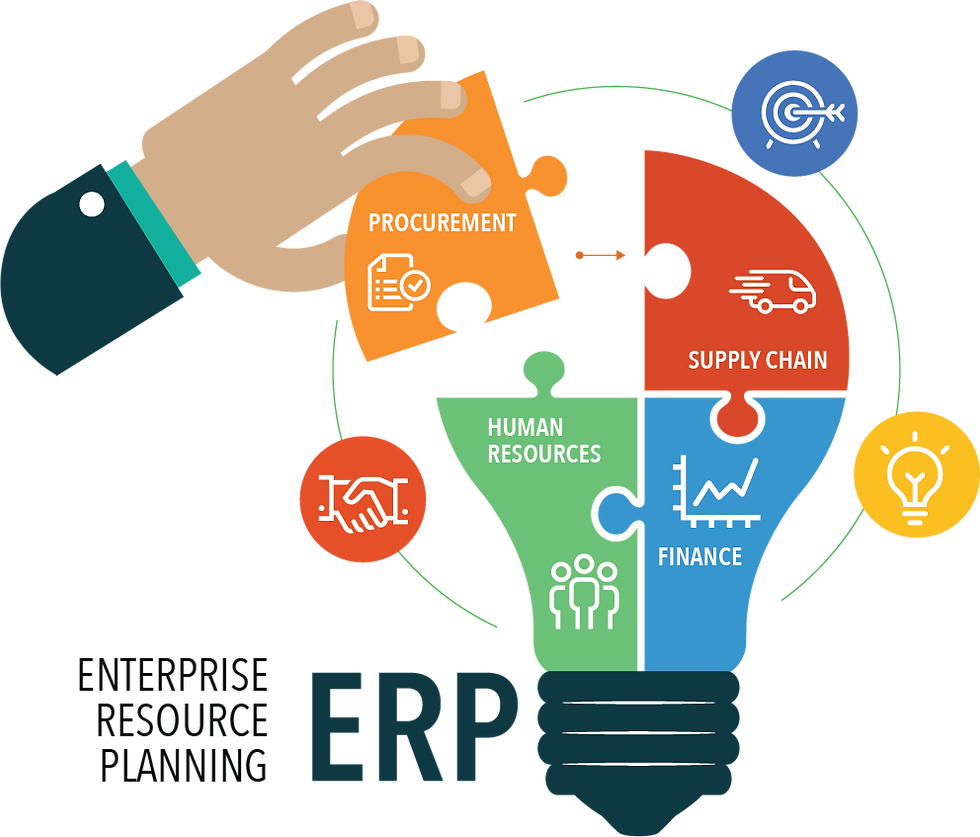Revolutionizing Education: The Digital Solution for Managing Your Institute Library
- solutionscakiweb
- Nov 16, 2023
- 2 min read
In educational institutions are continually seeking innovative ways to streamline processes and enhance efficiency. One critical aspect that plays a pivotal role in academic excellence is the management of institute libraries. Traditional methods of library management are becoming outdated, prompting institutions to adopt advanced digital solutions for a seamless experience.
Enter the Library Management System (LMS) software, a comprehensive digital solution designed to revolutionize the way educational institutions handle their libraries. This sophisticated software brings a plethora of benefits to the table, transforming library management into a hassle-free and efficient process.
Efficient Cataloging and Organization
One of the primary advantages of Library Management System software is its ability to automate the cataloging and organization of library resources. Through intuitive interfaces, librarians can easily input, categorize, and update information about books, journals, and other materials. This not only saves time but also ensures accuracy in managing vast collections.
Streamlined Circulation Processes
Gone are the days of manually tracking book borrowings and returns. LMS software automates circulation processes, allowing librarians to monitor transactions, issue alerts for overdue books, and streamline the entire borrowing process. This not only enhances efficiency but also provides valuable insights into the usage patterns of library resources.
Enhanced Accessibility
Digital libraries powered by Library Management System software offer enhanced accessibility to users. Students and faculty can search for resources, check availability, and even reserve materials online. This accessibility fosters a culture of self-reliance, empowering users to make informed decisions about the resources they need for their academic pursuits.
Data-Driven Decision Making
LMS software generates comprehensive reports and analytics, enabling librarians and administrators to make data-driven decisions. Insights into resource utilization, popular genres, and user preferences empower institutions to optimize their library collections, ensuring they align with the evolving needs of their academic community.
In conclusion, the adoption of Library Management System software is a game-changer for educational institutions aiming to stay ahead in the digital age. By automating and optimizing library processes, institutions can create a conducive learning environment that promotes accessibility, efficiency, and data-driven decision-making. Embrace the future of education with LMS software and take the first step towards a digitally empowered institute library.




Comments